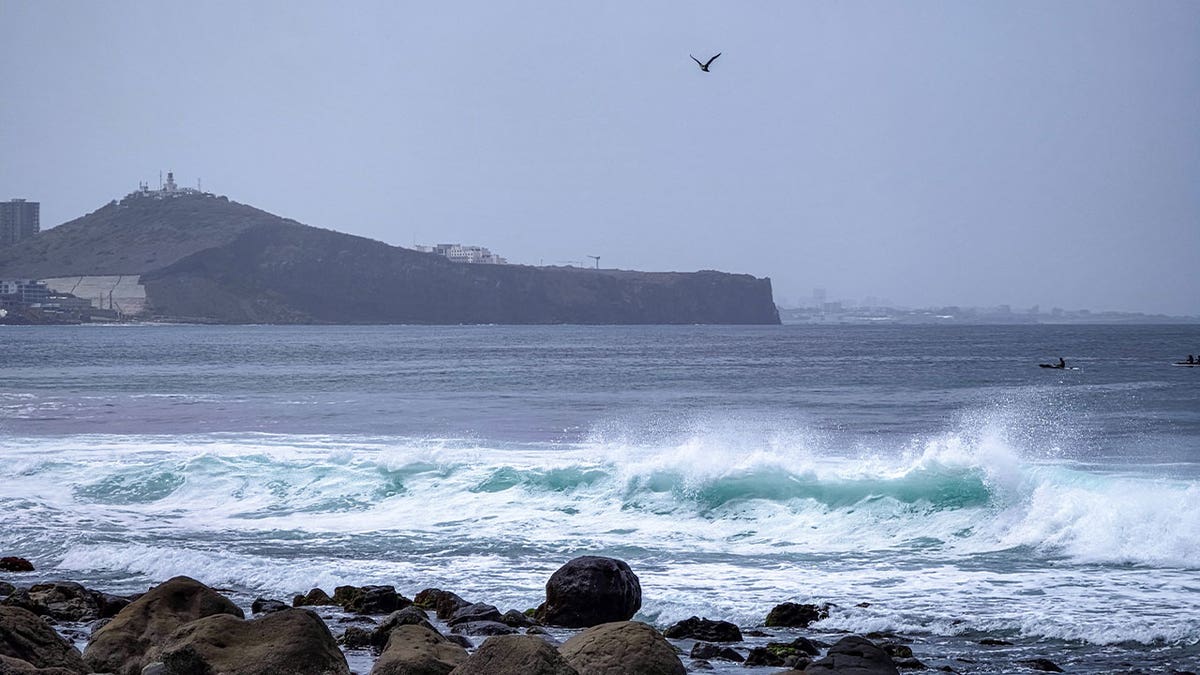A devastating incident unfolded off the coast of northern Senegal as a migrant boat capsized, claiming the lives of at least eight individuals. Senegalese authorities, including Interior Minister Felix Abdoulaye Diome, confirmed the recovery of the bodies. The boat, carrying approximately 155 people, was en route to Europe from Senegal. A search and rescue operation is underway, with many survivors reportedly injured and receiving medical attention in Saint-Louis, the northern fishing city where the bodies were transported.
This tragedy comes just days after another vessel met a similar fate in the same region, leaving seven dead and 90 missing. Both incidents highlight the perilous nature of the Atlantic migration route, which has seen a surge in activity recently. Spanish aid group Walking Borders reported around 300 people missing in late June after three boats left Senegal for the Canary Islands.
The morgue director in Saint-Louis, Mourtalla Mbaye, confirmed receiving six bodies, all men who drowned. The exact number of survivors and those still missing remains uncertain. The boat's journey began smoothly, but the situation deteriorated when it ran out of fuel and water, becoming lost between the borders of Mauritania and Senegal. Communication became impossible due to a lack of phone network coverage.

The image above depicts the coastline near Dakar, Senegal, a stark reminder of the dangerous journey undertaken by migrants.
The Canary Islands have become a primary destination for migrants seeking entry to Spain. According to Spain’s Interior Ministry, over 23,000 migrants arrived in 2020, and more than 7,000 have already reached the islands in the first half of this year. While most boats originate from Morocco, Western Sahara, and Mauritania, there has been a notable increase in departures from Senegal in recent months.
Various factors, including struggling economies, job scarcity, political instability, extremist violence, and the effects of climate change, drive individuals to embark on these risky voyages. One survivor, Ibnou Diagne, shared his harrowing experience, describing the chaos and desperation as the boat deteriorated. He witnessed the death of a young boy and recounted the struggle for survival as people jumped into the water. Despite the ordeal, Diagne expressed his determination to attempt the journey again, highlighting the desperate circumstances fueling this migration.








